Sochi 2014
The Making Of
This series of articles accompanies PROPAGANDA: A Festival Celebrating Russian Voices. Through the lens of contemporary Russian theater, the series spotlights Russia's recent anti-propaganda law in relation to sport, performance, and LGBT and Olympic history. The series is curated by Lauren Keating, the Festival's Producing Artistic Director.
I got the call in August of last year when I was vacationing in the countryside for a few days. It was the artistic director of the King’s Head Theatre in London, Adam Spreadbury-Maher. We’d worked together before but it was unlike him to call me on holiday.
“Have you SEEN what’s happening in Russia?” he bellowed down the phone. “I think we should do something about it. A rapid-response piece against the anti-gay laws, and I think it should be verbatim. Interview some gay Russians—in Russia.”
Adam’s call was spurred by Russian President Putin’s passage of the heavily repressive anti-gay law on June 30 aimed at weeding out the “propaganda of non-traditional sexual orientation.” Among its many violations of basic rights, the law, most controversially, calls for the punishment of those accused of “propaganda of homosexualism to minors,” thus, directly threatening the families and the human rights of same-sex couples.
I didn’t need to be asked twice; no playwright does. The idea of a verbatim—or documentary theater play—was exciting; instantly I saw the piece as a living testament of voices which could be constantly updated as the situation developed. I intended the piece to be a call to action and a blow against political apathy and appeasement. I don’t buy that line about art and politics being separate; for me art is freedom of expression, and anywhere freedom is banned is fair game for art.
Moreover the issue was also of a personal nature. As a mother who’d had several long-term relationships with women in the past, the idea of a lawmaker taking my kids away based on my private life was repugnant to me. Previously I’d signed the All-Out petition to boycott the Sochi Olympics, I’d shared Facebook feeds deploring the issue, and now this was a chance to get involved.
“How long do I have?” I asked.
“We’ve got a performance slot in three weeks.”
I put down the phone, conscious of the challenge before me. Interview gay Russians? I’d visited Russia a couple of times but I hardly knew any Russians, and definitely no gay Russians that I was aware of. And at eight months pregnant, I could hardly leap on a plane to go there. But my sister had worked in Russia for some years and my husband had studied at Gitis Theatre Academy in Moscow. Surely some of their Russian friends would be a start?
Apparently not. “There are no gay Russians,” stated my old work colleague Olga, flatly. “I’ll look for some but I think they all live in St Petersburg,” suggested a friend of my sister’s. And, most tellingly, “I work with many gay actors,” said a Russian theater director pal, “but nobody talks about it. If I asked them they would deny it. So I don’t think I can help you.”
The Russian queers that I found in London were unwilling to speak for fear of upsetting their families despite the promise of strict anonymity, the emails that I sent abroad disappeared into the blue
So I called my gayest and my most well-travelled friends. I posted on Facebook groups, I put out contact ads, I tweeted LGBT groups in other countries. I found a few names, and put out feelers. And I got nothing. Nada, zilch. The Russian queers that I found in London were unwilling to speak for fear of upsetting their families despite the promise of strict anonymity, the emails that I sent abroad disappeared into the blue, and even if I got a response, my follow-up questionnaire asking for details went disregarded.
“I’m having problems finding Russians willing to speak to me,” I said at last to Adam, desperate. “They don’t think they can trust me, and to be honest, I can’t blame them.”
“We need to find people who know them. I’ll second you my assistant Mary,” he said.
So Mary came on the case and contacted LGBTQI activist groups in Russia, the US and Canada. Recommendations were made, mobile phone numbers were given, a chain of trust established. Translations were made, emails were sent, Skype interviews arranged. Finally the first stories started to trickle in. Stories of pain, despair, fear. Voices ranged from activists to people in the closet, from teachers to pupils, from émigrés to asylum seekers, from businessmen in the city to gayboys on nudist beaches. Some were celebrities, others had never told their story to anyone before. Some stories were sad, many appalling, others funny, but most of them spoke of one thing in common for the future: hope.
To shape the play into a coherent piece of theater, I kept it as dramatically active as possible; I recreated scenes and found interesting ways of juxtaposing points of view and staging talking heads. I scoured the Internet looking for the bad guys—Vitaly Milonov, Elena Mizulina, Alexei Zhuravlyov and other personages behind the new ultra-conservative legislative push in Russia. Insane quotes were abandoned; from Deputy Milonov’s talk of homosexuals invading kindergartens to head-of-the-State-media-agency Dmitry Kiselyov’s talk of burning the bodies of queers. It was hard not to make them sound like the villains in Bond movies, but they managed that all by themselves, and lent their scenes an unintentional humour.
I intertwined soundbites from media reportage and celebrities to give the piece a chronological structure and every morning I’d log on to find out the latest developments. Unless a contributor was happy to be named in the piece, I edited out any identifying information, and called a lawyer friend to check out libel and copyright issues. Finally we gave it the working title “Sochi 2014,” and put together a mock opening ceremony as the first scene with the actors entering in an Olympic-style procession dressed in tracksuits.
Two scratch performances in aid of Spectrum HR (a leading gay rights advocacy group) were staged at the King’s Head in September and were so well received that Adam decided to give it a full run at the new Hope Theatre in February to mirror the Sochi Games. Over the next few months I developed and enlarged the piece by exploring the historical and political origins of homophobia in Russia and including more stories. By this time media attention was growing and producers in other countries were beginning to contact me asking about the rights to the play. The King’s Head had the idea of making “Sochi 2014” a global event with venue partners worldwide as an international protest. So this January/February venues across the US and UK, Europe and the East will be reading or performing the play with profits going to Spectrum. “Sochi 2014” will be presented for the first time in the US on January 19 as part of Propaganda: A Festival Celebrating Russian Voices in New York (Details of the London run and global event are available at sochi2014Play.)
This play is not about dictating to Russia what the West thinks they should do. The values of free speech and private life are enshrined in the post-Soviet Russian constitution and they are a signatory of the European Convention on Human Rights. If Putin wants a seat at the world’s table with the grown-ups then frankly he needs to learn some manners. His recent repeal of a blanket ban on protest and release of political prisoners are pre-Sochi whitewash against a looming PR disaster, so it is important that we keep up the pressure.
In conclusion, I can’t put it better than a Russian activist speaking the final lines of Sochi 2014:
“I think we should give people hope. Tell people in the West that what they do matters. We should all do our part, even a small part, it could be five dollars, it could be an idea, it could be a demonstration. Don’t be discouraged. And to Russian people the same thing. We should never stop trying.”

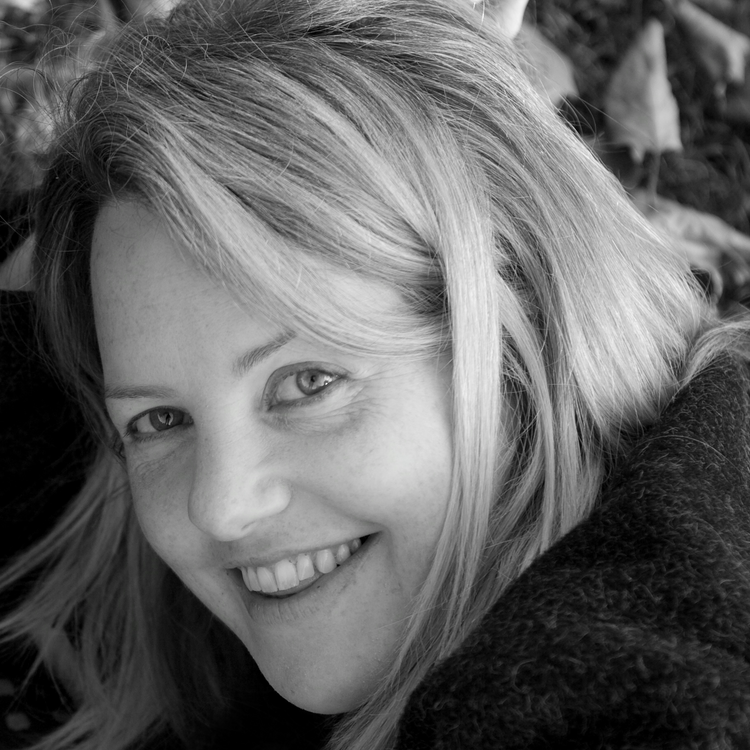
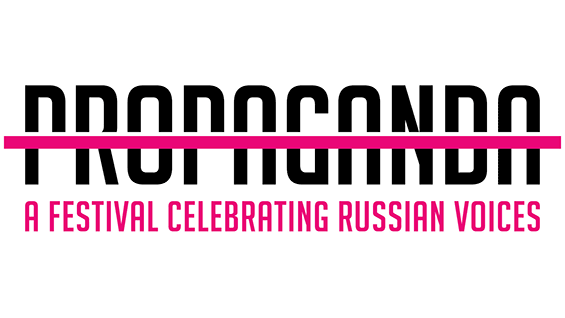
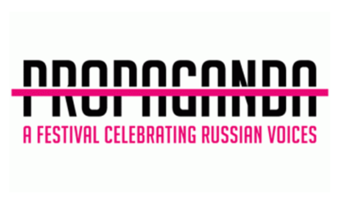

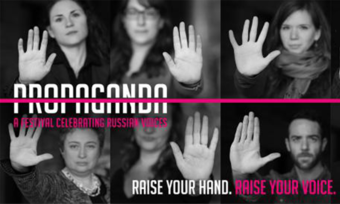

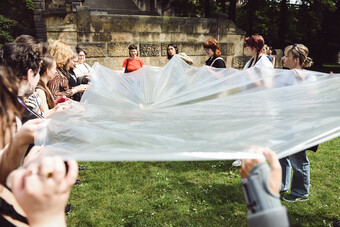

Comments
The article is just the start of the conversation—we want to know what you think about this subject, too! HowlRound is a space for knowledge-sharing, and we welcome spirited, thoughtful, and on-topic dialogue. Find our full comments policy here